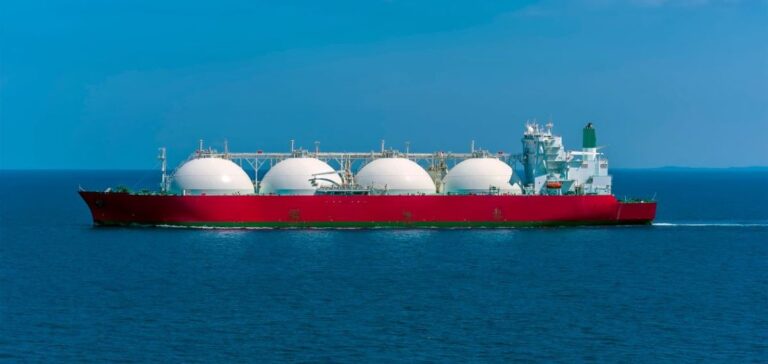Texas LNG Brownsville has signed a preliminary agreement with Gunvor Group for a 20-year liquefied natural gas (LNG) sales and purchase contract. Under the terms of the agreement, Texas LNG will supply Gunvor with 0.5 million tonnes of LNG per year.
Texas LNG project progress
Texas LNG, managed by Glenfarne Energy Transition, plans to produce four million tonnes of LNG a year, with construction scheduled to start in 2024 and commissioning in 2028. Texas LNG aims to become one of the world’s least polluting export terminals.
Financial support for the project
In early March 2024, Texas LNG received expressions of interest from project finance banks to move into the execution phase of project financing. This represents a crucial step towards financial realization and the actual start of construction.
Management comments
Vlad Bluzer, Co-President of Texas LNG, emphasized that this agreement aligns with the company’s plan to make a final investment decision this year. Kalpesh Patel, Co-Head of LNG Trading at Gunvor, expressed his satisfaction at having signed this agreement, highlighting Gunvor’s role in supporting US LNG export projects to secure new supplies for the global energy market.
Wider LNG market context
In February 2024, Chesapeake Energy, Delfin LNG and Gunvor Group, via its subsidiary Gunvor Singapore, announced an LNG export agreement. The agreement also included a purchase contract, with Chesapeake committing to buy around half a million tonnes of LNG each year from Delfin for sale to Gunvor, at a price linked to the Japan Korea Marker (JKM) for 20 years. This quantity is part of a larger agreement with Gunvor for up to two million tonnes a year.
The agreement between Texas LNG Brownsville and Gunvor Group not only represents an important milestone for the Texas LNG project, but also illustrates the growing importance of LNG in the global energy landscape.





















